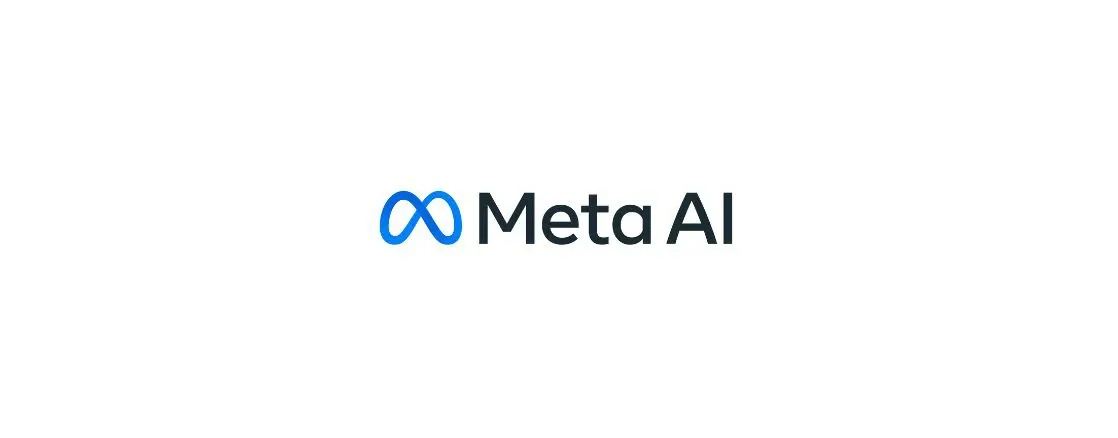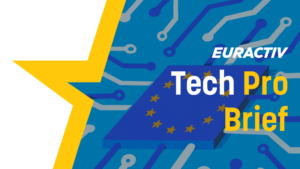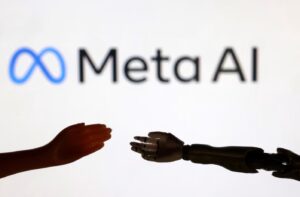Meta Faces Allegations of Utilizing Pirated Books for AI Development

Authors Take Legal Action Against Meta Platforms
Overview of the Lawsuit
A group of high-profile authors, including Ta-Nehisi Coates and Sarah Silverman, are suing Meta Platforms, the parent company of Facebook and Instagram. They accuse the tech giant of illegally using their copyrighted books to train its artificial intelligence (AI) systems. Court documents indicate that CEO Mark Zuckerberg may have been aware of these actions.
Allegations Against Meta
The lawsuit, which was originally filed in 2023, claims that Meta has infringed on copyright laws by using the authors’ literary works without obtaining permission. The authors argue that internal communications at Meta showed concerns about the legality of using a specific dataset known as LibGen. This dataset contains millions of pirated books, and the authors posit that Meta intentionally chose to overlook these concerns to advance the development of its AI, particularly its large language model known as Llama.
Background of the Case
The emerging legal battle raises significant questions about how companies use copyrighted material to enhance their AI technologies. The authors assert that recent evidence supports their claims and argue that Meta’s actions could set a dangerous precedent in the tech industry. They intend to file an updated complaint that includes allegations of computer fraud, as well as revisiting previous claims related to copyright management.
Legal Implications
The case is part of a larger trend of legal challenges aimed at regulating the use of copyrighted material in training AI systems. Defendants in similar lawsuits have often relied on a "fair use" defense, which allows limited use of copyrighted material without permission under certain circumstances. However, the authors in this case believe that their new evidence undermines this defense and puts Meta in a difficult position.
Court Developments
U.S. District Judge Vince Chhabria has permitted the authors to amend their complaint, although he has expressed skepticism about the validity of some of the new claims being introduced. These legal developments could have far-reaching implications for the technology sector, particularly in how AI companies source and use content in their training programs.
Key Points of the Allegations
- Unauthorized Use: Meta allegedly used copyrighted books without permission to train its AI models.
- LibGen Dataset: The authors claim that Meta used a dataset known for containing pirated works, which raises serious legal and ethical questions.
- Internal Concerns: Evidence suggests that some employees at Meta were worried about the legality of using this dataset, but those concerns may have been dismissed by higher-ups.
- Potential Outcomes: The ruling on this case may influence how other companies approach copyright issues in the context of AI development, as the legal landscape evolves.
Importance of the Case
As AI technology continues to evolve and expand, the intersection of copyright law and AI training practices is becoming increasingly complex. This lawsuit highlights the importance of respecting intellectual property rights in the digital age. If the authors prevail, it could usher in stricter guidelines for tech companies and reshape the landscape of AI training data collection and usage.
Overall, this case not only underscores the tension between artistic rights and technological advancement but also reflects a growing movement among authors and creators to protect their work from being appropriated without consent.






